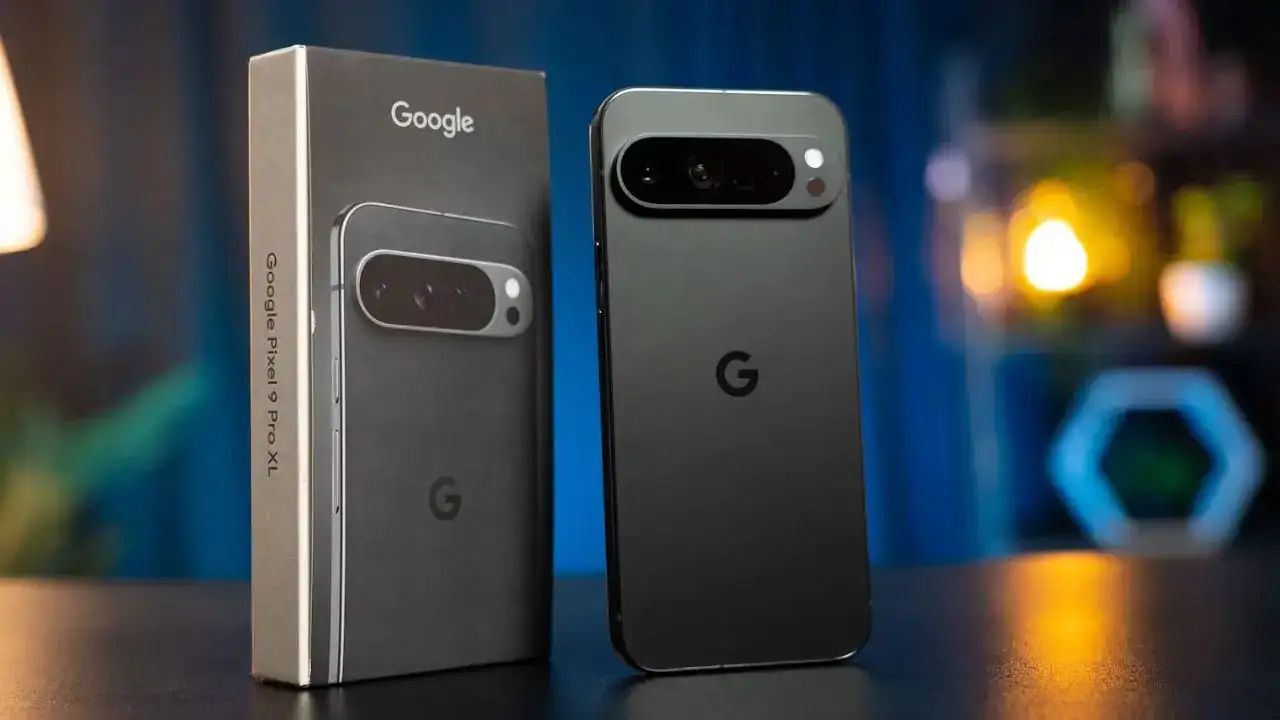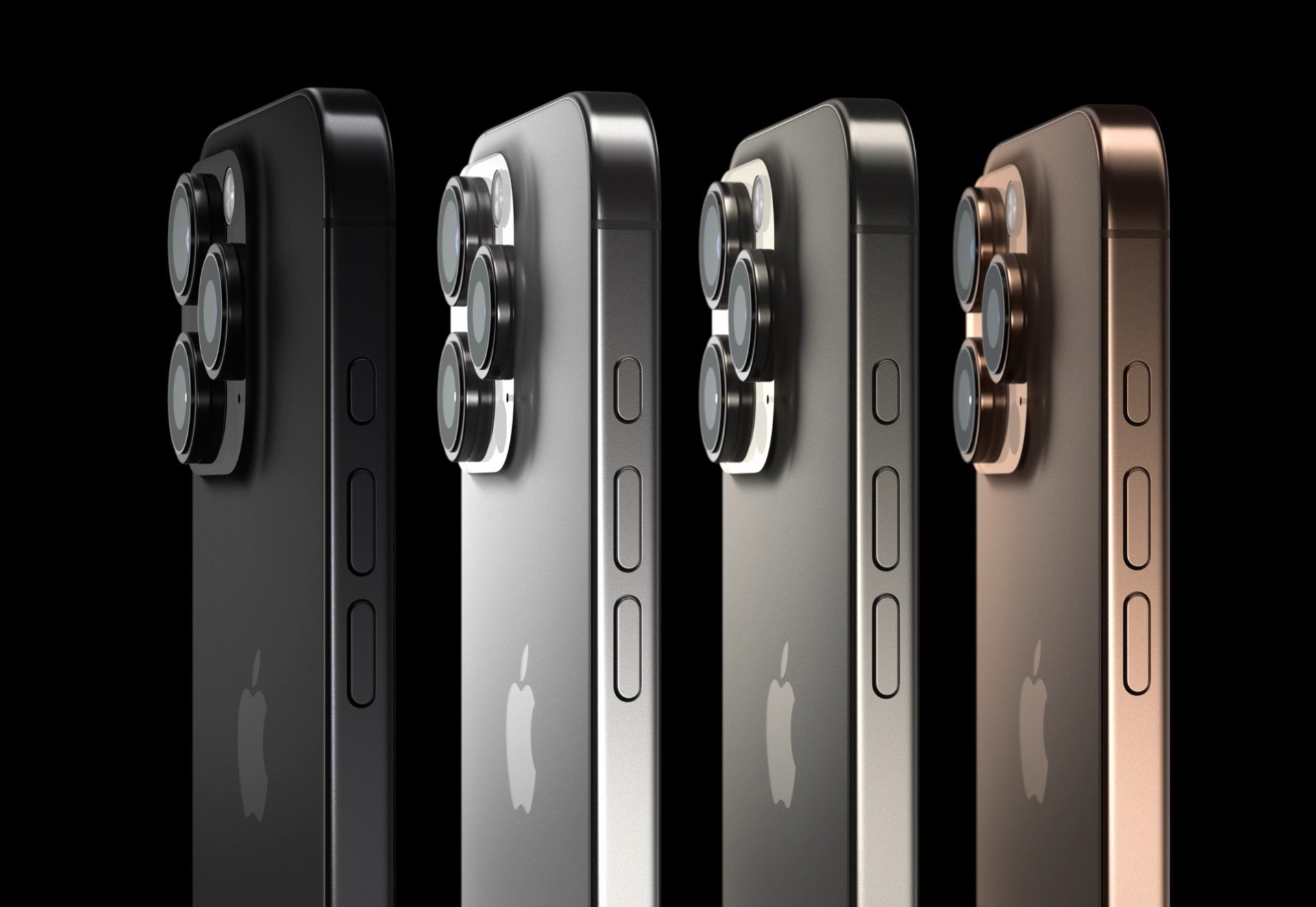AI-Powered Smartphones: How Artificial Intelligence Is Changing Mobile Devices in 2025
Smartphones in 2025 are no longer just communication tools — they are intelligent assistants, capable of understanding context, predicting needs, and acting proactively. Thanks to rapid advancements in artificial intelligence, mobile devices like the Google Pixel 10, Samsung Galaxy S25, and iPhone 16 are fundamentally transforming how we interact with technology every day.
What Makes a Smartphone “AI-Powered” in 2025?
Artificial intelligence in smartphones today goes far beyond basic voice assistants. AI now drives real-time photo editing, predictive text, proactive app suggestions, and even on-device diagnostics. With dedicated AI chips, modern smartphones can perform advanced functions without relying on the cloud — improving speed, privacy, and battery life.
Key AI components in modern smartphones include:
- Natural language understanding and contextual voice commands
- Real-time object recognition and translation
- Camera scene optimization using machine learning
- AI-generated summaries, captions, and smart replies
Google Pixel 10: Built Around Gemini AI

The Pixel 10, powered by the Tensor G4 chip, integrates Google’s Gemini AI to deliver a truly hands-free experience. From auto-summarizing PDFs and emails to generating AI wallpapers based on mood, the Pixel 10 places AI at the heart of its user experience.
Magic Editor 3.0 is a standout feature — allowing users to reposition objects in photos, erase elements with one tap, or generate missing backgrounds intelligently.
Samsung Galaxy S25 Ultra: AI for Everyday Productivity

Samsung’s Galaxy S25 Ultra embraces AI with its One UI 7.0 enhancements. Features like Circle to Search, Live Translate during video calls, and AI Zoom for sharper long-range photos are powered by their latest Exynos AI chip. The S25 also brings predictive battery management, adjusting performance dynamically based on user habits.
Samsung Notes now includes Auto Summarize, converting meeting notes or long paragraphs into digestible bullet points. These tools are particularly useful for professionals and students.
iPhone 16 Pro: Siri, Now Smarter Than Ever

With the release of iOS 18, Apple has infused Siri with a new AI engine capable of understanding context, chaining tasks, and running queries entirely offline. AI is also embedded in the Photos app, allowing intelligent album creation and real-time video stabilization.
Apple’s privacy-first approach means all AI processing happens on-device, ensuring that user data remains secure. Their Neural Engine works with the A18 Pro chip to deliver lightning-fast results.
Watch AI in Smartphones: Full Demo
How AI is Changing Mobile Photography
Photography is perhaps where AI shines most visibly. Smartphones now adjust exposure, focus, and white balance in real time using machine learning models. Features like portrait blur, motion tracking, and low-light enhancement are now automated with incredible accuracy.
Even more impressive is AI-generated content. The Galaxy S25 and Pixel 10 can fill backgrounds, remove reflections, or enhance blurry faces — tasks that used to require desktop software.
The Benefits of On-Device AI
- Faster response times — no internet required
- Enhanced privacy by reducing cloud data usage
- Smarter personalization (apps, battery, content)
- Better accessibility features for visually/hearing impaired users
Challenges Ahead
Despite the progress, AI in smartphones isn't without challenges. Ethical concerns around deepfake creation, data misuse, and over-reliance on automation are growing. Companies must remain transparent and offer users control over what AI can access and do.
Conclusion
AI-powered smartphones are no longer futuristic — they’re now standard. Devices like the Pixel 10, Galaxy S25, and iPhone 16 are shaping a world where phones do more than respond — they anticipate. As AI continues to evolve, expect your device to become not just smart, but truly intelligent.
Published: July 15, 2025



